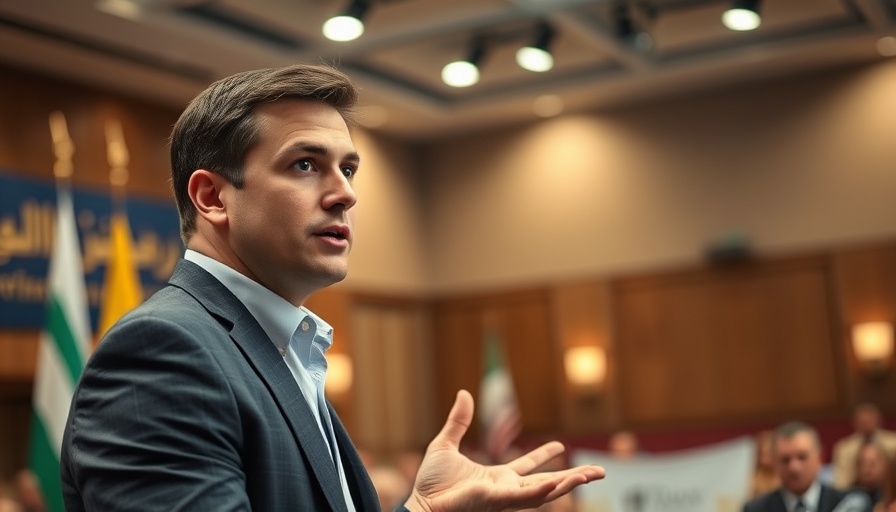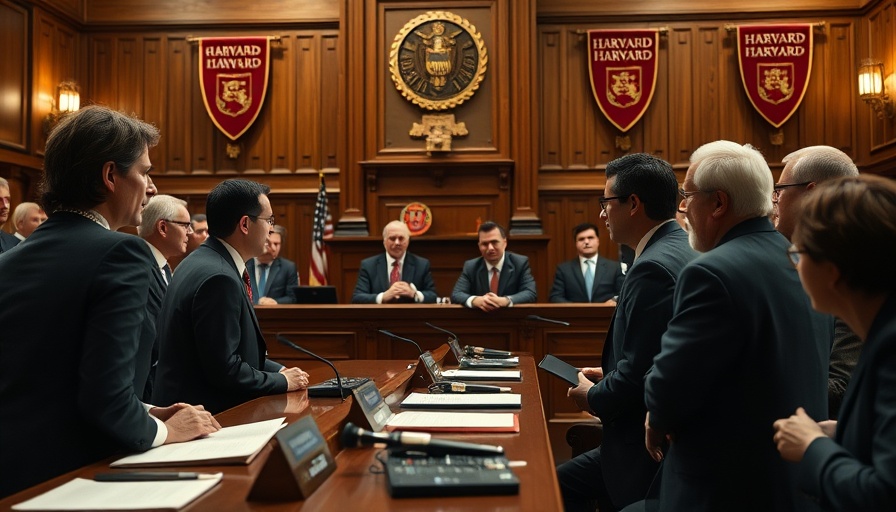
Columbia University's Settlement: A New Era in Educational Funding
In a significant development, Columbia University has agreed to pay more than $200 million to settle a dispute with the Trump administration regarding federal funding. This agreement aims to restore vital federal financial aid that had been jeopardized due to allegations of misconduct in the university's administration of federal programs. The settlement not only signifies a turning point for Columbia but also highlights broader implications for other educational institutions across the nation.
The Impact of Federal Funding on Higher Education
Federal funding is crucial for many universities, providing financial support not only for academic programs but also for student services and faculty salaries. Columbia's battle with the Trump administration raises questions about the conditions tied to federal funding and how these can impact university policies and the education system at large. This agreement may set a precedent, encouraging more institutions to negotiate similar settlements, reflecting a shift in the relationship between federal authorities and educational entities.
Reconciliation in Political Tensions
This settlement comes at a time of heightened political polarization in the U.S. The conflict between Columbia and the Trump administration has broader implications, as it underscores the challenges faced by universities navigating political pressures while aiming to provide quality education. As states and institutions seek to recover from financial strains, finding common ground between federal regulations and local needs is increasingly essential.
Historical Context and Background
The dispute's origins trace back to accusations against Columbia involving mishandling federal grants. These allocations are designed to enhance student access to education, making the administration's stance critical. Federal involvement often comes with stringent guidelines that universities must navigate to avoid penalties. Understanding this historical context is vital when analyzing the implications of Columbia’s settlement.
Future Predictions: A Shift in Educational Governance?
Looking ahead, the Columbia settlement may signal a shift in the landscape of educational governance. With federal funding being reexamined, universities across the nation may need to adapt accordingly. Future negotiations can lead to redefined expectations between federal bodies and educational institutions, resulting in more collaborative relationships aimed at enhancing student outcomes.
Local vs. Global Perspectives on Federal Funding
The implications of this settlement reach beyond Columbia. It serves as a case study for higher education institutions globally, particularly those in similar political climates where funding may be tied to compliance with governmental policies. Observing how Columbia manages its finances post-settlement could provide valuable insights for universities worldwide facing analogous challenges.
Understanding Funding Pressures: Emotional Human Interest
Columbia’s settlement touches on the human element behind educational funding. University staff, students, and their families depend on these financial resources for a brighter future. The emotional weight of this dispute reflects the struggles faced by individuals striving for success in an increasingly complex educational environment.
Conclusion: What This Means for Future Negotiations
This settlement could redefine how higher education institutions negotiate their relationships with federal agencies. As Columbia sets a new precedent, other universities might be encouraged to re-evaluate their funding agreements, fostering more proactive engagement with federal authorities. As stakeholders in educational funding dynamics, it remains essential to monitor any shifts resulting from this landmark settlement.
 Add Row
Add Row  Add
Add 




Write A Comment